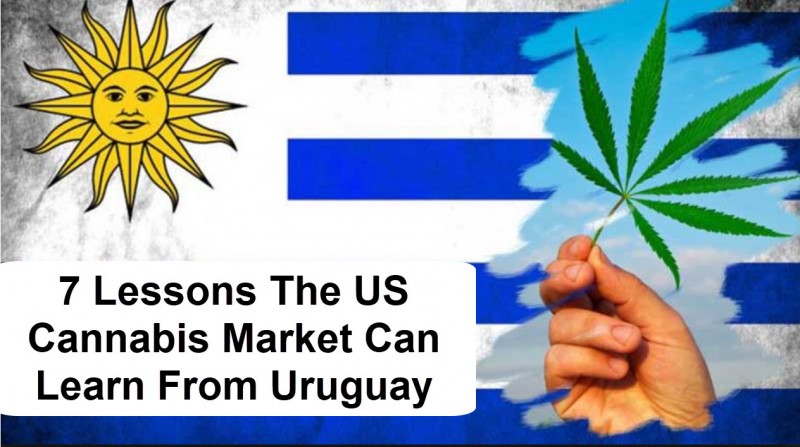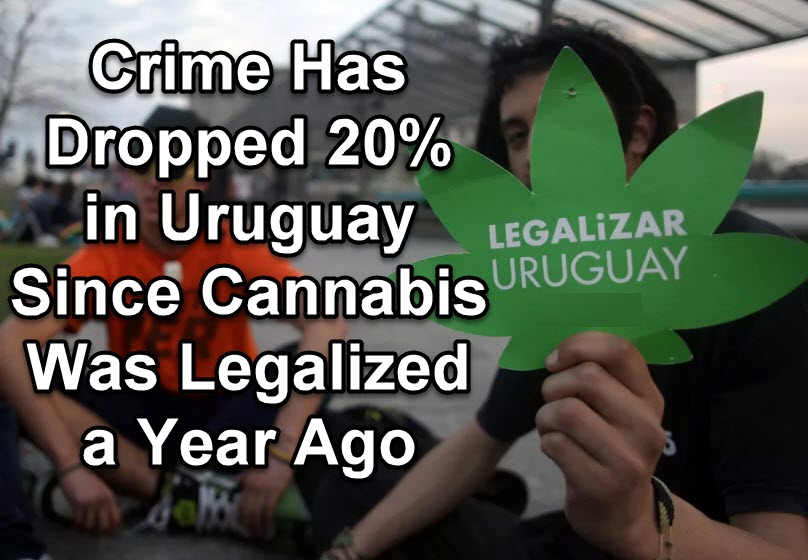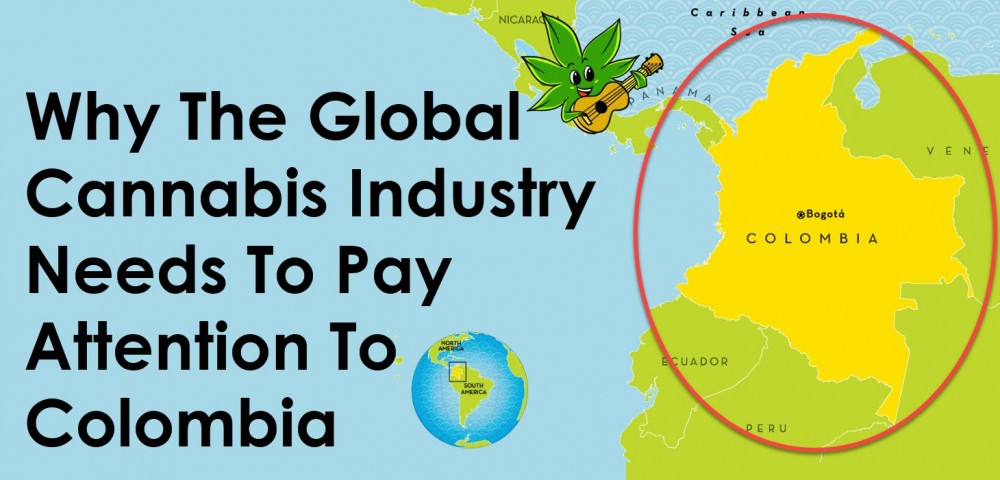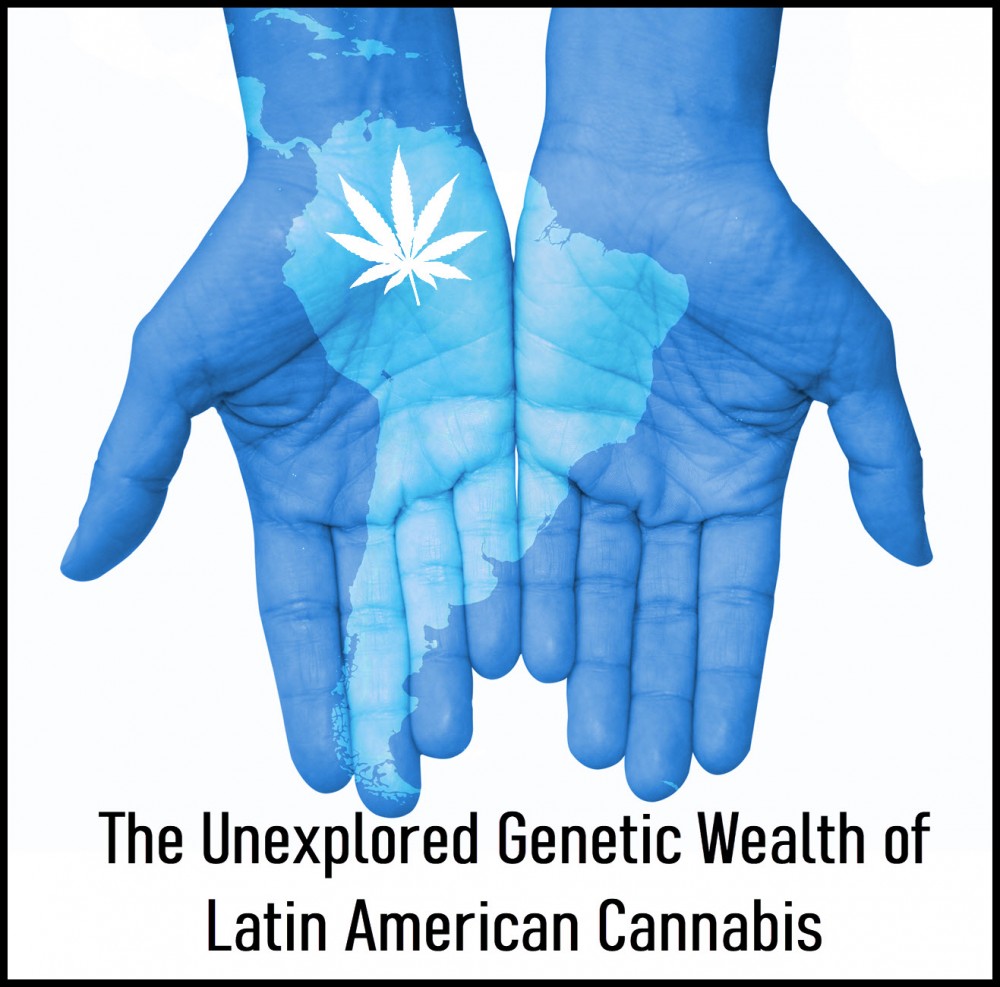7 Lessons The US Cannabis Market Can Learn From Uruguay
7 Lessons The US Marijuana Market Can Learn From Uruguay from CannabisNet on Vimeo.
Uruguay has become a pioneer in the cannabis industry worldwide.
Uruguay is the first country to ever regulate the non-medical cannabis market. Although the system isn’t perfect, other nations can still learn valuable lessons from the nation when it comes to rolling out policies for cannabis legalization. They first legalized cannabis in 2013, although sales took off in July last year, with the goal of eliminating the black market.
The Brookings Institution has recently released a policy paper outlining lessons that we can learn from Uruguay when it comes to legalizing and implementing recreational cannabis sales.
“It’s always hard to go first, but it’s not as hard to go second and third,” says John Hudak, the deputy director for the Brookings Institution’s Center for Effective Public Management. Hudak worked with researchers in the Washington Office in Latin America (WOLA) to examine insights on Uruguay’s system, as well as recommendations on what could be done to ensure that their regulations are effective.
“There’s been a real commitment to the rule of law and to the continuation of policy that I think is quite impressive in Uruguay,” Hudak adds.
Uruguay shares many similarities to the United States’ cannabis laws and challenges, including banking troubles, supply problems, seed-to-sale tracking, and more.
One stark difference with Uruguay is that they didn’t have medical cannabis. In the United States, medical cannabis legalization is usually the antecedent to recreational cannabis laws. Uruguay also only has 2 authorized cultivators; the federal government has the responsibility of setting restrictions on price and purchasing; and the sales are restricted to Uruguay citizens. The law also states that citizens need to choose one out of three ways of obtaining cannabis – either they grow it themselves, they purchase it at a pharmacy, or join a cannabis club.
“We moved the frontier of what is possible,” says the director of Uruguay’s cannabis regulation authority, Martin Rodriguez. He spoke in Washington, D.C. to launch the report last week. “The model in Uruguay is different from other regions, but the objectives are similar,” he added. “This is better than the prohibition of cannabis for local populations.”
Hudak, together with John Walsh and Geoff Ramsey of WOLA, spent months researching to come up with the report. Last October, they also visited Uruguay. These are the authors’ recommendations with regard to Uruguay laws:
- Banking access: To create solutions that would provide for access to financial institutions. The solution could be internal, such as in the case of when local banks “play a game of chicken with U.S. financial regulators”, or develop partnerships with banks in Canada, where adult-use sales are expected to be legalized later this year.
- Improved education: Address the gaps in education especially in the medical and law enforcement sector. Subsidize research and create classes for medical professionals to help them learn about the medicinal effects of cannabis. Implement department-level coaching for police officers to prevent unauthorized confiscation of cannabis products.
- Grow the medical cannabis system: Have a system in place for the medical use of cannabis. Uruguay already produces medical cannabis for exportation to other countries, which means that this is an untapped infrastructure that can still be improved on.
- Adjust exclusivity in distribution: There are still problems such as illegal sales and supply shortages that can be solved by creating a system that would permit citizens to legally access cannabis in more than one way.
- Develop the dispensary model with a sustainable revenue stream: Currently, Uruguay’s cannabis has a fixed price at roughly US $1.40 per gram. For added revenue, the government can subsidize cannabis operations as government-run institutions or as a private entity.
- Legalize sales to tourists: The government may want to consider developing a pilot program that would allow tourists to legally purchase cannabis, maybe at a higher cost.
- Prepare to solve implementation problems in the future: By increasing funding and staffing for the Institute for the Regulation and Control of Cannabis (IRCCA), which is the agency authorized to oversee the cannabis laws in Uruguay, the nation could be more prepared to tackle implementation problems. The IRCCA should also work with independent academic analysis combined with in-house evaluations to determine both positive and negative impacts of the law.
7 Lessons The US Marijuana Market Can Learn From Uruguay from CannabisNet on Vimeo.
OTHER STORIES YOU MAY ENJOY...
CRIME DROP AFTER CANANBIS LEGALIZATION IN URUGUAY, CLICK HERE.
OR..
WEED AT WALGREENS IN URUGUAY? CLICK HERE.
OR..
COLOMBIA AND CANNABIS, CLICK HERE.
OR..
LATIN AMERICAN CANNABIS STRAINS, CLICK HERE.









